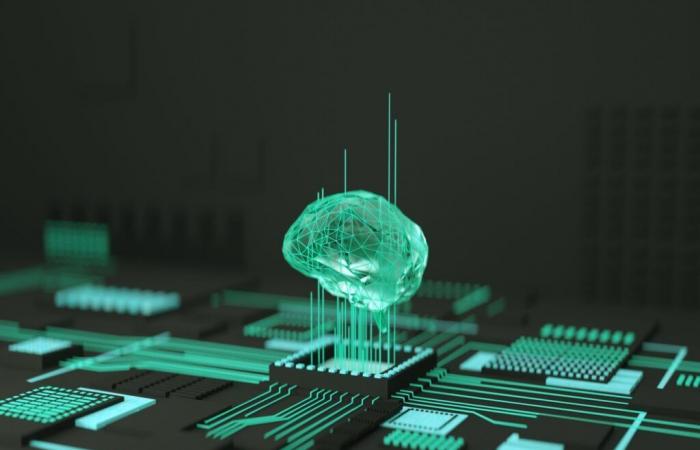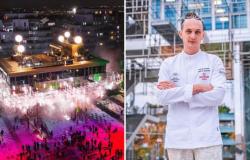
The arrival of artificial intelligence in our daily lives plunges us into an increasingly connected world, where the relationships between humans and machines are being revised. If the human position (of dominance) is not called into question, some scientists assure that this could be the case more quickly than we think.
Among these researchers, we notably find Geoffrey Hinton, Nobel Prize winner in physics in 2024 and considered one of the “fathers” of artificial intelligence. In a recent interview with BBC Radio 4, he estimated that artificial intelligence could “drive humanity to extinction” in the next 30 years in 10 to 20% of cases.
A new cry of warning from the scientist who reaffirms his position on the subject. In October 2023 he had already shared similar comments on the social network years.
Regulation: the crux of the matter
But for Geoffrey Hinton, there is always hope, it is even obligatory to go through it. We must regulate the power of artificial intelligence so that it never escapes our control. As he explains on the BBC, never in the history of humanity has a person taken control of something more intelligent than themselves. “Faced with a three-year-old child, we have control, but with AI we are the three-year-old child. »
He therefore fears that large companies, attracted by profit, will develop artificial intelligence that is out of control. So for him, the only solution would be to force these companies to do more research on safety with government regulation. It is clear that humanity still has room for improvement on this point.
Apart from the courageous AI Act, a European piece of legislation, no national or international regulation exists to constrain companies developing artificial intelligence. Today the only limitations are ethical and they are very often imposed by the companies themselves. A police role that they could abandon at any time, for more profit or simply to catch up with a competing company less concerned about these issues.
The “fathers” of AI, very critical of their invention
Geoffrey Hinton's voice, however, is not the only one pushing for better regulation of artificial intelligence. This is also the case for Yoshua Bengio, another “father” of AI. The scientist assures that this is the most dangerous invention in the history of humanity.
The two scientists should in any case rejoice at the holding of a major global conference on artificial intelligence in Paris next February. Many heads of state are expected there, particularly with a view to unified international regulations around artificial intelligence.
???? To not miss any news from Presse-citron, follow us on Google News and WhatsApp.





